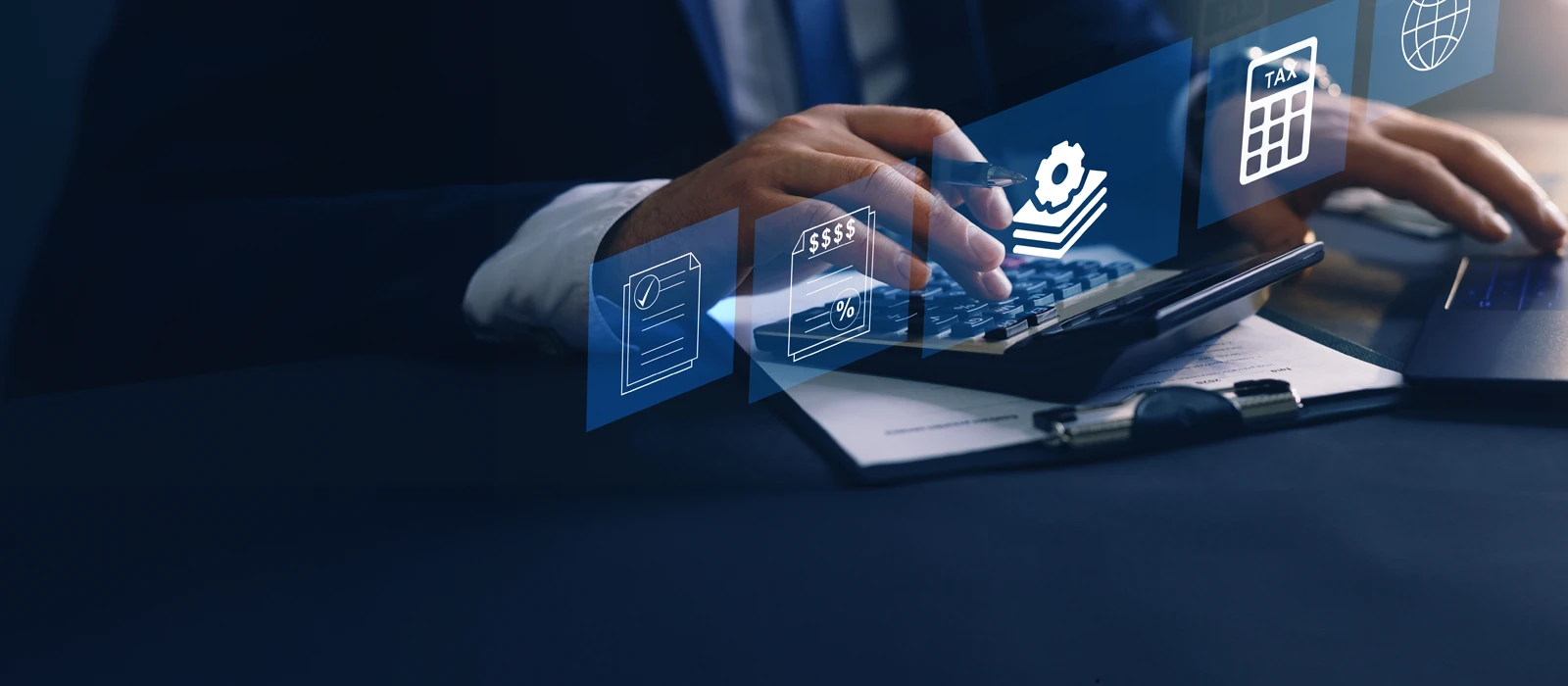The British Columbia (B.C.) budget, released on February 22, 2024, introduced some significant expansions to what is considered taxable software for B.C. provincial sales tax (PST) purposes.
Software — or the right to use software — has always been taxable for B.C. PST. However, it was often challenging to determine what was taxable as software and what was not, given the complexity of some of the digital services and products available in the market. The additional information introduced in the budget helps to reduce this uncertainty as now almost everything is considered taxable software for B.C. PST purposes.
Last spring, the Minister of B.C. lost a Supreme Court case involving the use of certain cloud computing products. In this case, the Minister had asserted that the application software and the application programming interfaces (APIs) were taxable. The taxpayer was acquiring certain services from Amazon Web Services, Inc. (AWS), which included technical support, elastic cloud computing, simple storage, and dedicated telecommunication services. The changes introduced in the budget now cover these types of services.
What are the new measures?
The definition of software was significantly revised with the re-introduction of B.C. PST in 2013. This definition has continued to be modified over the years to keep up with evolving technology. The previous definition of software included application software, system software, video games, and mobile device apps.
The province’s 2024 budget added the following to the definition of software: APIs, coded instruction or a right to use coded instructions, a right to receive software updates under an optional maintenance agreement, infrastructure as a service (IaaS), and software as a service (SaaS).
The information bulletin PST 105, which was revised in February 2024, also defined these terms as follows:
- Application programming interfaces (APIs) — Interfaces that allow two or more pieces of software to communicate with each other.
- Software as a service (SaaS) — Software or the right to use software when possession of the software is maintained by the software provider or another person (e.g., a third-party service provider) who is not the person purchasing the software.
- Infrastructure as a service (IaaS) — Access to computational services or the right to access computational services, including computing or processing capacity and electronic storage.
The new changes introduced in the budget also clarify that tax will be applicable where the user and device are normally situated in B.C. This applies regardless of where the server that provides or hosts the data or software is located.
The bulletin also clarifies that web hosting will be considered IaaS in expanding the definitions of IaaS and SaaS. If a user requests the information from a device ordinarily situated in B.C., this will now be considered a taxable service.
Data backup services are also specifically considered to be part of IaaS and thus taxable as software.
Online databases will also be taxable as they allow the purchaser to analyze the data using a database management system — which would be considered application software.
Cloud computing is also now specifically captured as it uses IaaS and SaaS. This charge will be taxable as software if used from a device ordinarily situated in B.C.
The telecommunications services bulletin, PST 107, was also updated to reflect the expanded definition of software. Web hosting would be considered IaaS — and therefore taxable.
The changes introduced in the budget are expected to apply retroactively to 2013, once they are legislated.
What are the remaining exemptions?
Several items remain exempt from B.C. PST:
- Web design continues to be exempt of B.C. PST where it does not involve the provision of any software.
- Consulting services to advise people on their software needs remain exempt of B.C. PST.
- Services to test, install, configure, modify, repair, or restore software continue to be exempt services for B.C. PST purposes.
- Exemptions for certain online courses also remain in place. The example provided is of someone taking an online course from a university. However, an online course for recreational purposes, such as online fitness classes for personal health, would not be covered by this exemption. This is the case even where there is interaction with the instructor.
- Purchases of software or telecommunication services for resale remain exempt.
What are the implications for businesses that sell software?
Businesses that sell software will need to ensure that they collect and remit B.C. PST on all taxable supplies.
Businesses or other persons that use software on devices in B.C. will have to ensure they pay the B.C. PST on software acquired for use in the province. If the vendor does not charge B.C. PST, the recipient or acquirer is required to self-assess the B.C. PST.
If the software is used in multiple provinces including B.C., then there is a need for the purchaser to allocate the cost of the software based on the location of the users. For example, a company’s head office may be in Ontario with three offices situated in B.C. These B.C. offices may use software acquired by the head office — and therefore the amount of self-assessed B.C. PST would be based on the B.C. usage divided by total usage.
This can be calculated based on different variables — however, the calculation must be reasonable and consistent year over year. Variables may include the number of employees in each province, the number of licenses in each province, and the actual time used, among others.
Take the next steps
Broadening the scope of the applicable definitions of taxable software aligns with the general trend to capture the digital services and overall economy within the ambit of sales tax in many jurisdictions — including Canada. These changes serve to remove a portion of the uncertainty regarding what software is taxable in B.C. However, it also adds a burden for certain purchasers and users of software in the province.





